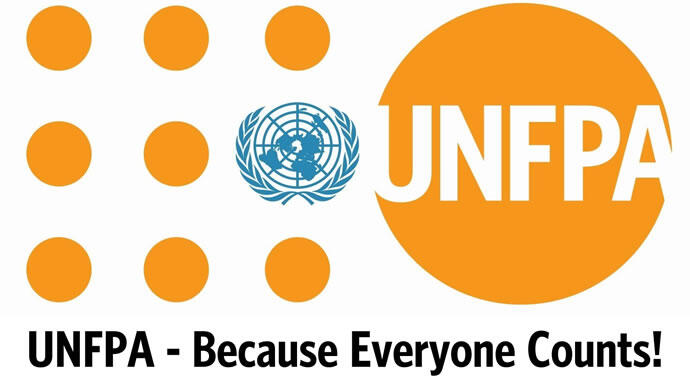Afghanistan has made noteworthy progress in education and health, in spite of many challenges. Maternal health has improved significantly and, as a result, less women are dying due to pregnancy and child birth related causes. Yet, maternal mortality in Afghanistan still remains to be one of the highest in Asia.
If the country is to achieve the planned economic growth, it is essential that women's potential is fully realized and utililized.
In Afghanistan, almost half of women marry before the age of 18, about one fourth of women deliver their first baby before the age of 18, and they continue to deliver 5 children on average. Also, according to one study in 2008 more 80 percent of women experience violence in their life time.
Early marriage deprives girls and young women of continued education, and makes them more susceptible to gender-based violence. Early child birth before physical maturity leads to high maternal deaths and morbidity, such as fistula that alienates women from the family and the society.
Delaying marriage, delaying the first delivery, and spacing births in-between have many benefits and are cost-effective investment choices. First, it allows girls to stay in school; second, it improves mother's health by reducing the burden of frequent child bearing; third, babies born are healthier and more likely to survive; fourth, families can spend more money for better nutrition, care and education for children; and fifth, women can be empowered and able to participate in community work and economic activities.
We commend the Government of Afghanistan for their commitment to improving maternal, infant and child health and for supporting midwifery training, fistula treatment and family planning. UNFPA will continue to work with all stakeholders, including religious leaders, to reduce unmet need for family planning, so that all pregnancies are wanted and intended. We urge the Government of Afghanistan to allocate adequate financial and human resources to ensure universal access to reproductive health information and services, including family planning, especially in remote and underserved areas. Given the population structure and health data, we should pay particular focus to young people aged 15 to 24, as their contraceptive use is lower and their maternal mortality higher compared to other age groups.
Thanks to the Government of the United Kingdom and the Gates Foundation, the Family Planning Summit takes place in London this week on the World Population Day (11 July) to mobilize political will and extra resources for family planning. Many governments, including Afghanistan, civil society and other development partners, will attend this Summit. UNFPA is proud to be a partner and is committed to make modern contraceptives and family planning services widely available to women and men at the community level.
UNFPA is also committed to support the government of Afghanistan in building the capacity of the Central Statistics Organization to conduct the Socio-Demographic and Economic Surveys (SDES) in order to ensure the availability of disaggregate data for evidence-based decision-making, programme development, monitoring of progress and resource allocations.
With the funding support from the Government of Japan, the first Socio-Demographic and Economic Survey in Bamiyan was completed in December 2011. This is the first large-scale data collection undertaken since the population census in 1979 and is an important milestone in the history of statistics in Afghanistan. This year, two surveys will be carried out in Ghor and Daikundi provinces. The Central Statistics Organization and UNFPA are seeking additional funding to conduct the surveys in all provinces by 2016.
UNFPA will pledge to work with the Government and people of Afghanistan to improve the situation of women and girls, so that they can live healthy, dignified and productive lives.
Thank you.


